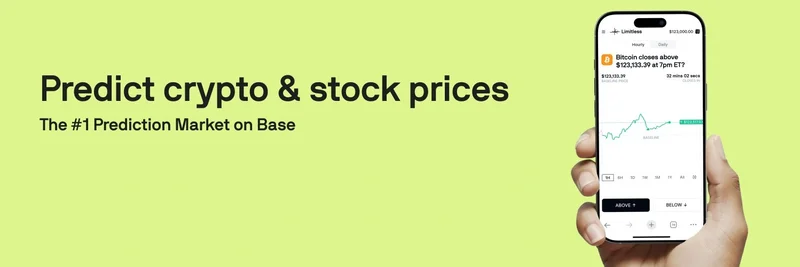In the fast-paced world of crypto, innovative ideas often spark from simple tweets. Recently, Mert, the CEO of Helius Labs and a former Coinbase exec, shared a thought-provoking post on X about the potential of treasury companies, or DATs, to boost exposure to restricted assets like privacy coins.
Here's what he said:
the most legit benefit of a treasury company (DAT) is that you can increase exposure to the asset
most investors (institutional) aren't allowed to buy privacy coins directly
so a privacy coin focused DAT (i.e for ZEC) seems like it'd make a lot of sense
This tweet, posted on September 4, 2025, quickly garnered attention, with over 4,700 views and sparking discussions in the crypto community. But what exactly is a DAT, and why could it be a game-changer for coins like ZEC?
What Are Digital Asset Treasuries (DATs)?
If you're new to the term, a Digital Asset Treasury, or DAT, refers to a publicly traded company that strategically holds cryptocurrencies as a major part of its balance sheet. These aren't your typical firms; they're designed to give investors indirect exposure to digital assets like Bitcoin or Ethereum without the hassle of direct ownership. Think of them as a bridge between traditional finance and crypto.
For example, companies like MicroStrategy have popularized this model by stacking Bitcoin, allowing shareholders to benefit from crypto's upside through stock ownership. According to insights from Galaxy Research, DATs are on the rise as a way for public firms to integrate digital assets into their core strategies.
The beauty of DATs lies in their ability to generate yield or grow their holdings over time, potentially offering more value than just holding spot crypto. As Pantera Capital points out, these structures can even compound returns through staking or other on-chain activities.
The Challenge with Privacy Coins
Privacy coins are a subset of cryptocurrencies designed to enhance user anonymity. Zcash (ZEC), for instance, uses advanced cryptography called zk-SNARKs to shield transaction details, making it a go-to for those prioritizing privacy in blockchain transactions.
However, this focus on privacy comes with a catch. Many institutional investors—think hedge funds, pension plans, or banks—are barred from directly purchasing these coins due to regulatory hurdles. Concerns over money laundering and compliance with laws like KYC (Know Your Customer) and AML (Anti-Money Laundering) make direct investment a no-go in many jurisdictions.
That's where Mert's idea shines. By creating a DAT specifically focused on ZEC or other privacy coins, institutions could invest in the company's shares instead. This indirect approach might satisfy regulatory requirements while still providing exposure to the asset's performance. It's like getting the benefits of privacy crypto without touching it directly.
Community Reactions and Broader Implications
The tweet didn't go unnoticed. Replies poured in, with some users drawing parallels to existing trends in crypto. One commenter noted, "CT been doing this with memes & shitcoins for years. Middlemen just catching up frens," highlighting how the crypto Twitter (CT) crowd has long used similar indirect methods through meme tokens and decentralized projects.
Another reply suggested "USDUC solves this," possibly referring to a specific token or project aiming to address similar issues—though details on USDUC remain niche, it underscores the innovative spirit in the space.
Others expressed skepticism, like "will a privacy coin DAT really solve the access issue for institutions?" It's a fair question. While DATs offer a compliant pathway, success would depend on the company's structure, regulatory approvals, and market adoption.
From a broader perspective, this concept could extend beyond privacy coins. Imagine DATs tailored to meme tokens, which often face similar accessibility barriers for big players. At Meme Insider, we've seen how memes like Dogecoin or newer entrants capture retail imagination, but institutional involvement could supercharge their growth. A meme-focused DAT might democratize access, blending fun with serious finance.
Why This Matters for Crypto Enthusiasts
For blockchain practitioners and meme token fans alike, ideas like this remind us that crypto is still evolving. DATs could open floodgates for capital into underrepresented sectors, potentially driving up values and innovation. If a ZEC-focused DAT takes off, it might inspire similar vehicles for other assets, including the wild world of memes.
Keep an eye on developments—projects like this could reshape how we think about crypto exposure. If you're diving into privacy coins or treasuries, resources like CoinCodex's guide on DATs are a great starting point.
What do you think? Could DATs be the next big narrative in crypto? Share your thoughts in the comments below.



